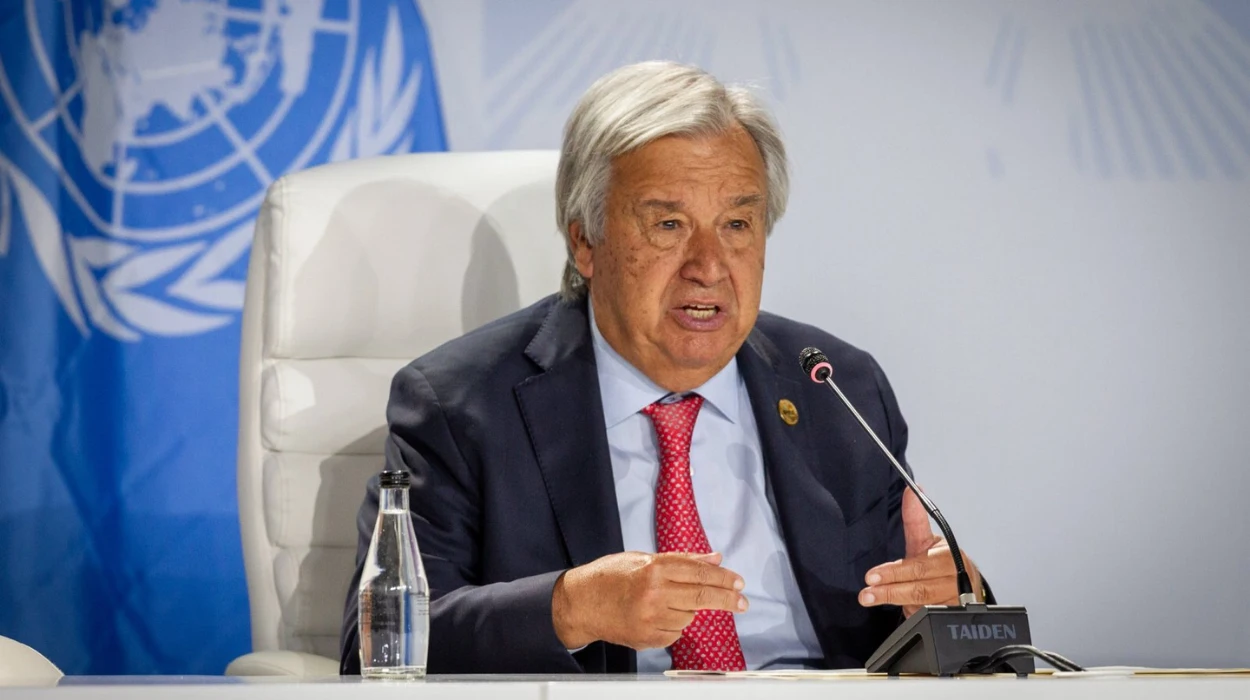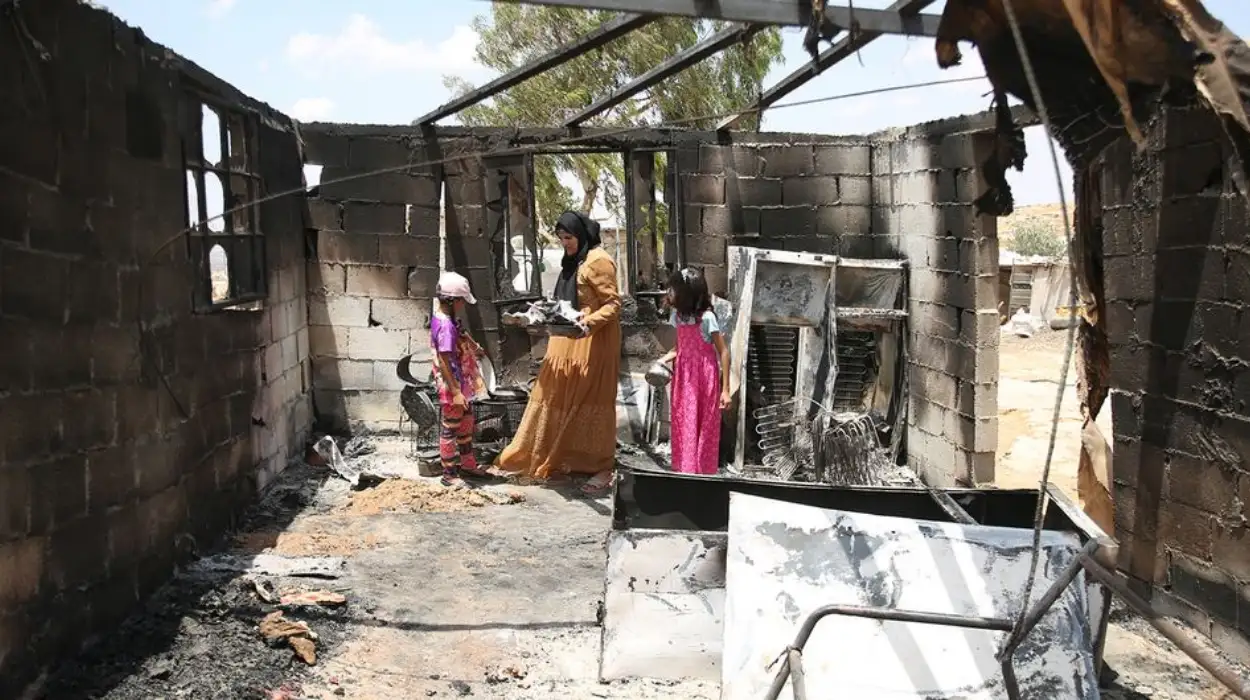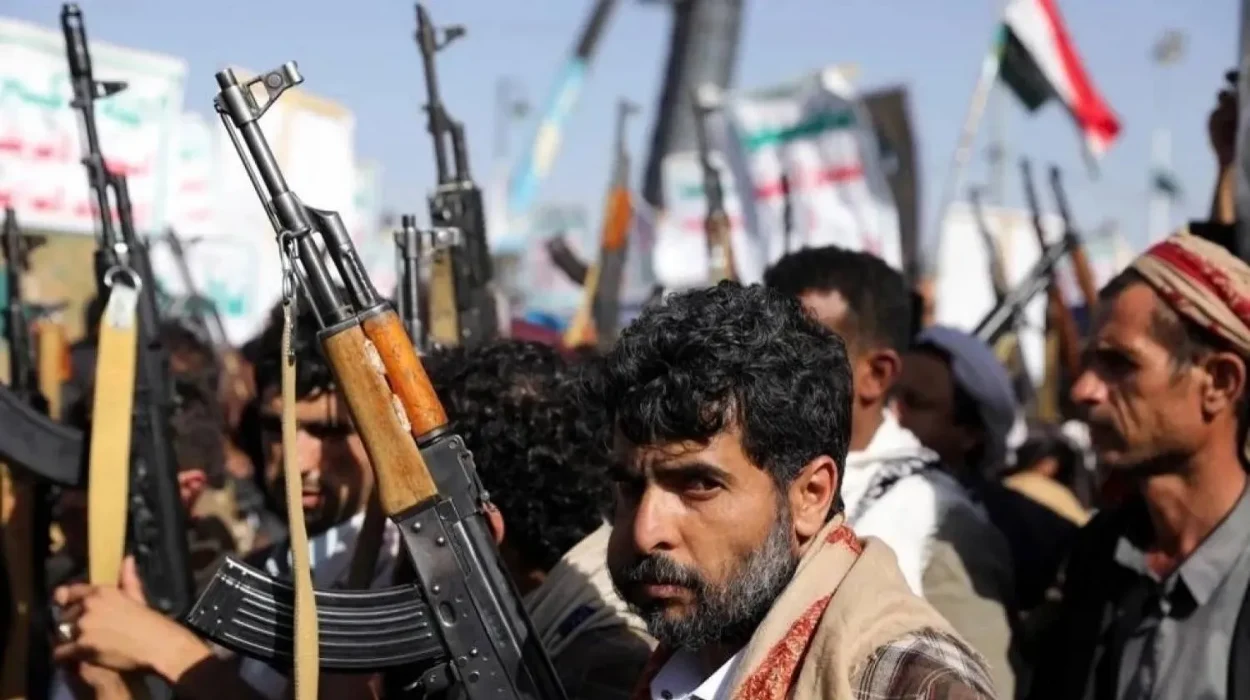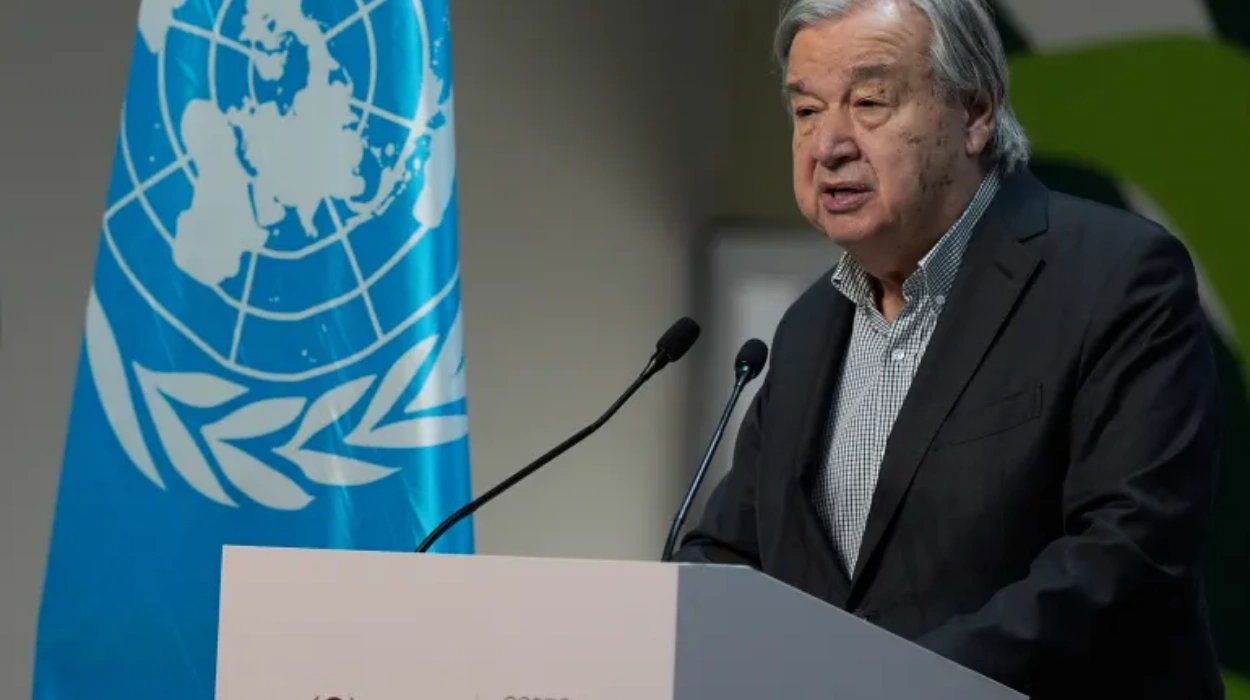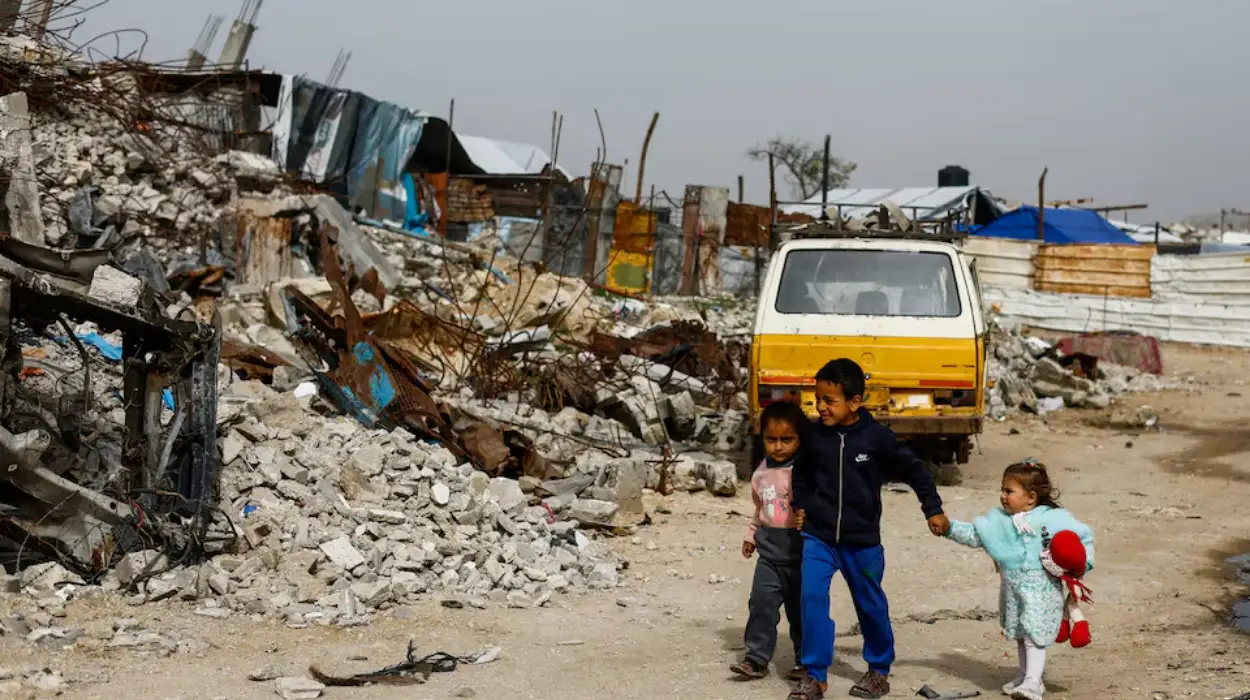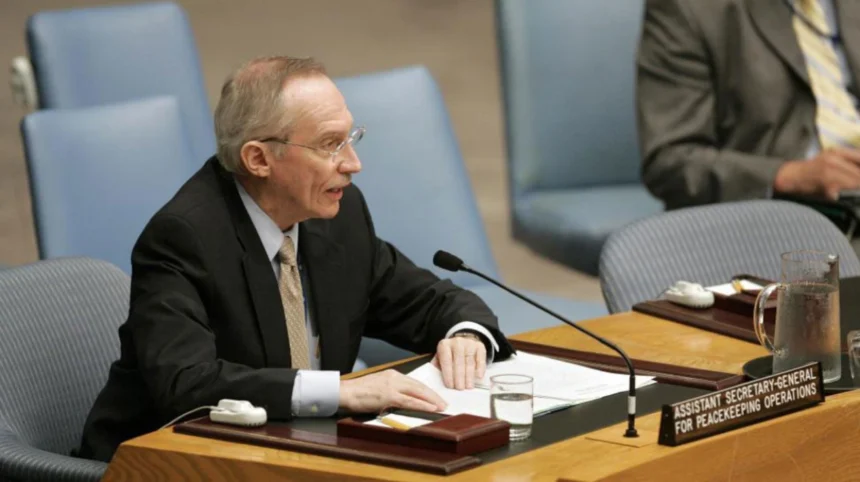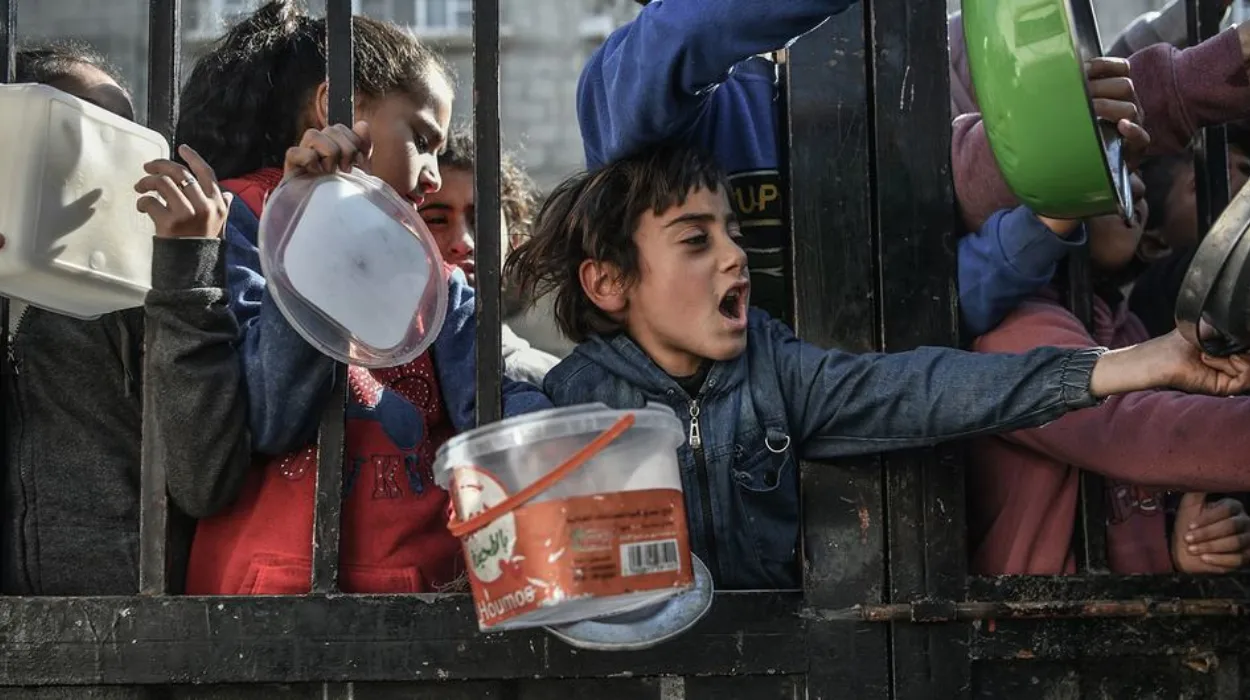In 2025, the Kosovo authority made unilateral steps to shut down Serbian-run institutions in the north such as the Pension and Disability Insurance Fund and the Republic Health Insurance Fund. These shutdowns interrupted fundamental social services to the ethnic Serb communities undermining access to healthcare, pensions, and other socio-economic rights. UNMIK released messages denouncing the closures, noting that they were implemented without consultations and that they were fueling division among people and corrosive integration. The mission reiterates that negotiations, especially the EU-mediated one, is the only way forward when it comes to solving conflicts.
Such unilateral actions have elicited a global concern since they have shown the conflict between the claim of sovereignty by the Kosovo people and the minorities rights. The Kosovo government actions, conducted without joint conversation, can lead to a further increase in mistrust among north Serbs, making the efforts to establish peace there even harder.
The complex realities of dialogue facilitation by UNMIK
Since its formation in 1999, the role of UNMIK has been transformed to mediation and oversight, as opposed to direct administration, and therefore it is an instrumental force in the administration of post-conflict governance. The future direction of the mission is associated with the difficulty of balancing between the unilateral policy choices of Kosovo and its duty to secure the rights of minorities in 2025. The Kosovo Serb structures and Belgrade tend to consider the UN mediation as a futile measure, whereas the Kosovo authorities can declare their sovereignty without even consulting the international community.
UNMIK stresses the fact that it is crucial to revert to the EU-mediated dialogue, which is the sole widely acknowledged framework to deal with normalization problems. Nevertheless, multiple standoff situations prove the ineffectiveness of the mission without the collaboration of both political players, which shows how fragile the role of international mediation can be in the politically charged situations.
Impact on local communities and socio-economic conditions
This sudden shutting down of facilities operated by Serbians directly affects the Serb population in northern Kosovo. The services of pensioners, disabled persons, and patients are disrupted, and most people have to encounter bureaucratic barriers in seeking alternatives availed by the authorities in Kosovo. UNMIK emphasizes that such disruptions make social exclusion worse and destroy trust between communities jeopardizing decades of progressive peacebuilding.
Attempts to integrate are compromised where access to basic services becomes political because social cohesion and fair service delivery is very important in ensuring that there is stability. The shutdowns threaten to undo the gains achieved on minority inclusion and could trigger community violence, which would make political and social reconciliation efforts harder.
Navigating the EU-facilitated Dialogue and prospects for resolution
The dialogue is the main tool of managing the conflicts between Kosovo and Serbia with the inclusion of the work of the institutions in the north and it is facilitated by the EU. In 2025, the process will be met with serious mistrust, entrenched political stances, and the actors who will not give in. The EU’s effectiveness relies on subtle diplomacy, coercion to comply, and balancing conflicting national interests, both sides must play the politics of the domestic country and the long term stability goals.
It is a sensitive job to encourage Kosovo to stop unilateral measures and at the same time make Serbia constructive. The current stand-off demonstrates the weakness of the regional dialogue and the difficulties in aligning the national interests of the countries and the requirements of the international mediation.
The ways forward and potential international roles
The international actors such as the UNMIK would recommend a renewed dialogue based on the respect of the sovereignty of Kosovo and the rights of the Serbian minority and the application of international law. Some of the strategies could involve restoration of services in stages, effective communication with the affected groups and grievance resolution. The increase of the involvement of local civil society actors is also advised to supplement the elite level of negotiations which will promote the grassroots reconciliation in case of the political stalemate.
This individual has already addressed the subject matter making it clear that sustainable peace must not be a matter of top-level political horse-trading that must not exclude the voices of communities touched by the situation, where ignoring grassroots realities may be disastrous when one decides alone.
Broader implications for regional stability
The unilateral closures in Kosovo highlight the long-term instability of the Western Balkans. Any action that is not based on cooperative dialogue is dangerous and may increase ethnic tension, and may spill over to the rest of the region. The case brings into the limelight the greater geopolitical balance, including that between Serbia and Kosovo, EU, Russia and other international forces with stakes in the situation.
The ability of UNMIK, together with the EU mediation, would depend on the restoration of trust and opening the gates to constructive dialogue. The provision of fair access to vital services is not only an administrative issue, but it is one of the major concerns of stability of society and a condition of the reconciliation process in the long run.
The recent crisis is a reminder that unilateral measures in disputed areas can hardly solve the long-running conflict. The second round will determine the capacity of the international community to direct Kosovo and Serbia towards sustainable dialogue and harmonious governance whereby peacebuilding will be strengthened through inclusion and openness as well as acknowledging the rights of every group of people.


